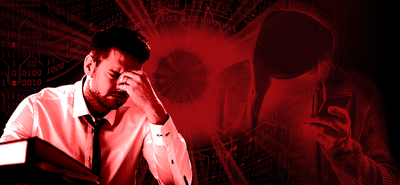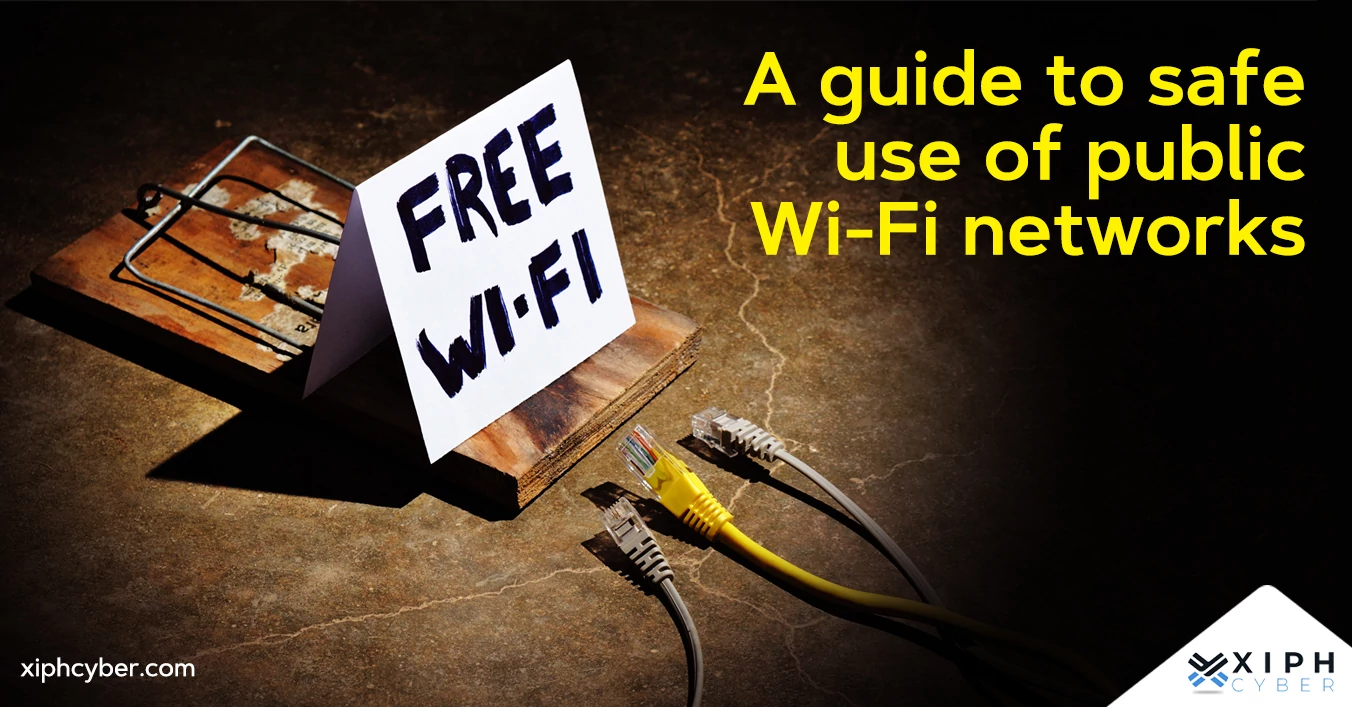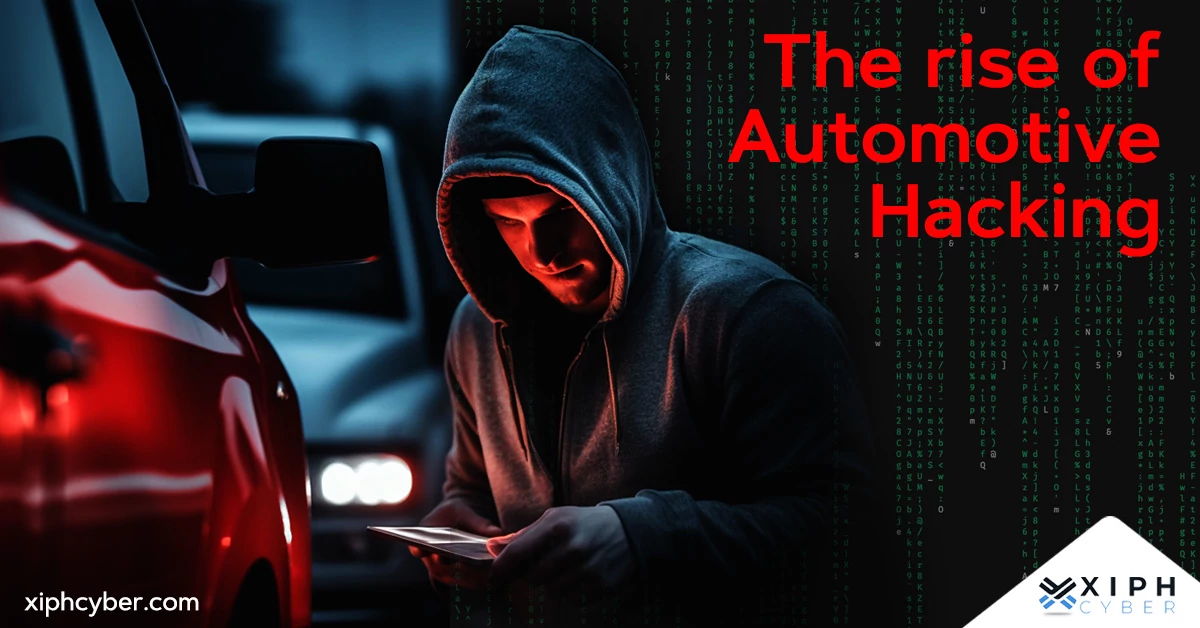Published Mar 27, 2020 by Xiph
What is ‘social cooling’ and should we be worried about it?
If you’ve ever caught an episode of Survivor or Big Brother, you’d quickly realise that the label ‘reality television’, well kinda unrealistic. Yes, contestants are often left to their own devices and many of their responses to the social set-ups are authentic(ish) – but it takes an extreme event (such as a man falling into the fire and losing layers of skin from his hands) for the pretenses created by a filmed production to disappear. Ninety-nine per cent of the time, the awareness of a rolling camera alters the behaviours of the subject being filmed.

The same can be said for how the hunt for big data is altering our own behaviours – except in far subtler and more sinister ways. In recent years, the term ‘social cooling’ has entered the public consciousness, referring to how awareness of the monitoring of our online presence can change our behaviours – making us increasingly conscious of what we say and do. Some might say this is a good thing as it makes us think before we act and promotes obedience. Others would argue that it’s an undeniable tragedy that dumbs us down, dilutes our individuality and puts a clamp on our ability to exercise free speech. We are firmly in the camp of the latter.
Proving social cooling
Those sounding the sirens about the realities of social cooling liken the phenomenon to global warming. In a neat analogy, big data is not —as it’s so often labelled— the new gold, but rather the new oil… and the way in which it’s currently utilised is polluting our social environment just as oil has our natural environment. It’s not the data, in and of itself, that’s causing the damage, but rather how the data is exploited, to create and expand what’s known as the ‘reputation economy’.
If there was ever a term that causes an instantaneous shudder it’s ‘reputation economy’. The idea that our worthiness across a large cross section of criteria is determined by our digital footprint is, to say the least, discouraging – especially when that worthiness is subjective. Let’s list a few examples:
- Your chances of gaining employment could decrease if employers determine your social media presence is negative or cynical
- A health insurer could alter your premiums based on assumptions made about your ethnicity, lifestyle or attitude
- A bank could assess your social media contacts and refuse a loan if anyone with whom you associate is considered questionable
- Your social media posts may determine whether tax offices conduct an audit of your finances
- Dating applications might not show you attractive people if you are not deemed attractive (one wonders who makes these distinctions)
Not only does the reputation economy threaten to limit our opportunities, but it can lead to self-censorship. Chances are you’ve gone to post something on social media and worried about how it comes across to your contacts. That’s understandable and no different to what we all do in everyday conversation, at least to some degree. But when we self-edit or commit to silence for fear of the prying eyes of the mass surveillance machine, that’s when things enter frightening territory.
Real-life consequences
And it gets worse as we’re told that plenty of (especially younger) individuals are unable to relax or truly remain present during events of all sizes due to the fact that photos may be posted on social media. In this case, it’s not merely that we are being watched by third parties, but WE are doing the watching for them – how much power and control do they actually have?
Let’s talk about the consequences of the review and rating culture. We’re not talking about cafes and restaurants, but professionals that practice in life or death fields. In New York, doctors were allocated ratings based on the number of patients who have died under their care – but the criterium was flawed. Doctors who treated advanced cancer patients were given lower scores than others who refused to take on such life-threatening conditions, even if the patients also died. This led to people avoiding certain professionals which could then lead to those same professionals changing their practices to align with the status quo – both of which could have life or death ramifications.
Escape the machine
As this brave new world becomes more hostile, our society is shrinking and closing in on itself.
However, true privacy and security acknowledges our right to be human – to be curious, explore all manners of thinking and to grow and evolve. The reputation economy restricts that freedom, disallowing the taking of chances and the making of mistakes and forcing us to behave in a way that ALL people deem perfect, which is the definition of impossible. It’s only a matter of time before our personalities are whittled down, our perspectives lose their colour and we are rendered robotic. That may feel like a long bow to draw now while the privacy protection problem is still “just another issue”. But how long before it completely reshapes society into something truly problematic?
Posted in: Security


